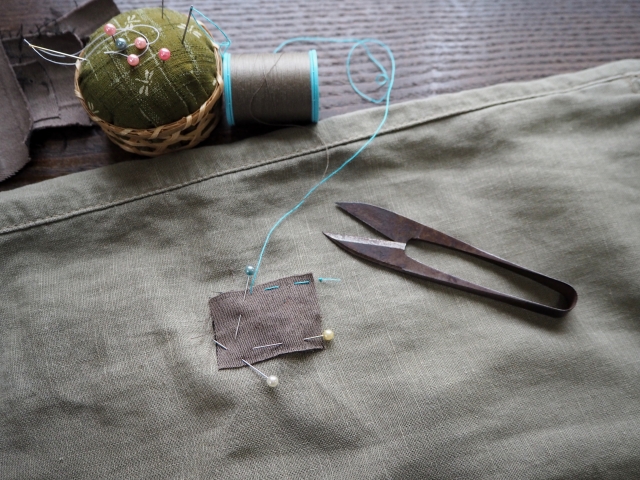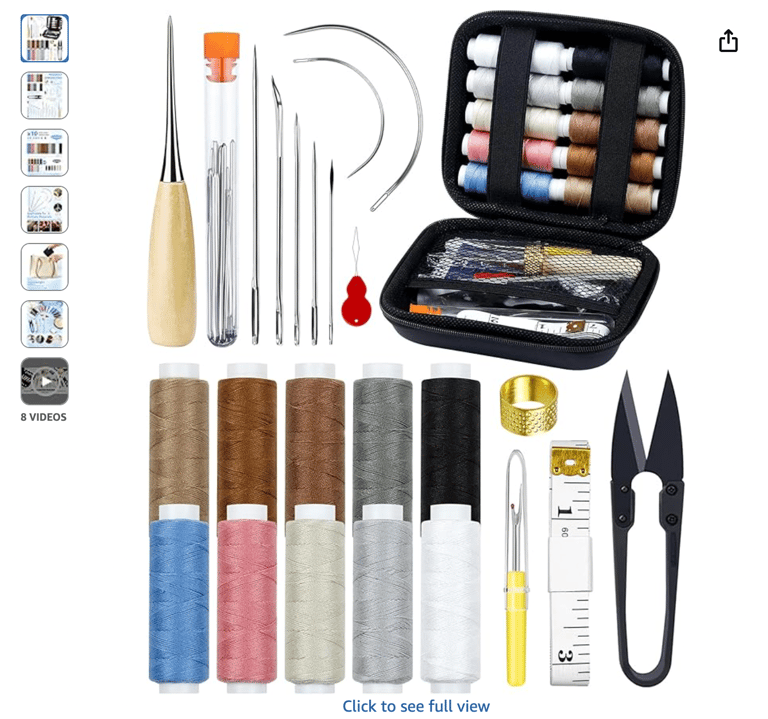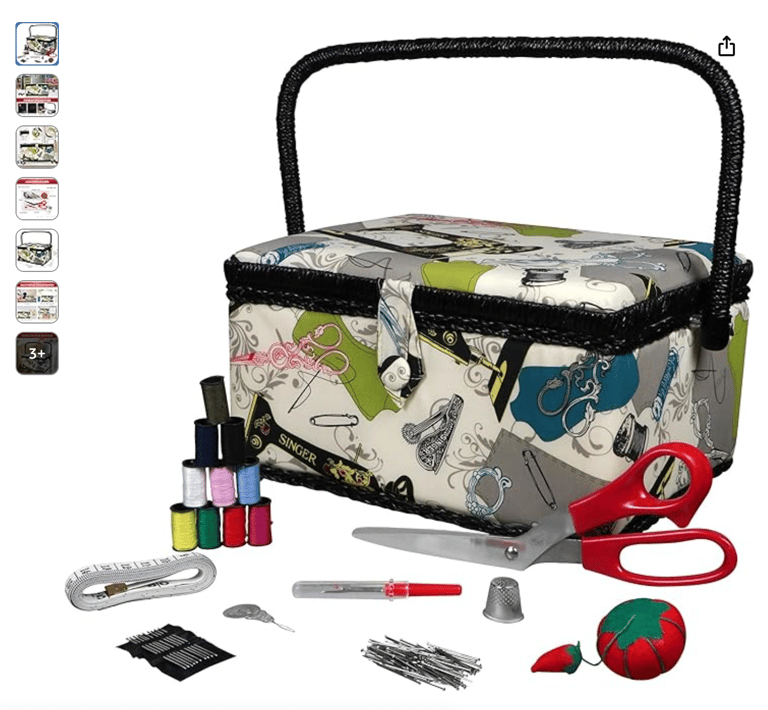What Is Mottainai? The Japanese Mindset That Combats Waste and Encourages Mindful Living
ZEN MINDSET
8/7/20253 min read


What is MOTTAINAI?
When I first started learning English in elementary school, one of the words I was most puzzled by was “もったいない” (mottainai). My teacher told me it meant “what a waste,” but even as a child, I felt that wasn’t quite right. "Mottainai" wasn’t just about waste — it was about respect, about care, and about gratitude. There simply wasn’t an English word that fully captured its depth.
In Japanese culture, mottainai reflects the belief that everything — food, clothing, objects, even time — has intrinsic value. We are taught from a young age not to waste. Not food, not clothes, not electricity, not water, not even leftover rice in the pot. If a sock has a hole, you fix it. If there’s one bite left, you eat it. If a bowl chips, you don’t throw it away — you use it for something else.
This mindset is deeply rooted in how we view our relationship with material things. It encourages mindful ownership — to make the most of what you already have, and to treat objects not as disposable, but as companions in your daily life. It’s not about deprivation or guilt; it’s about care.
Mottainai naturally leads to a more minimalist lifestyle. Not necessarily because we reject possessions, but because we place value on them. Instead of chasing trends or buying in excess, we choose with intention. We purchase items we truly need or love, and we care for them until they are no longer usable. It’s a quiet, thoughtful way of resisting consumerism.
How to Live with “Mottainai” in Mind: 3 Everyday Ways
The beauty of mottainai is that it’s not just a feeling — it’s a way of living. It gently reminds us to respect our belongings and give them as much life as possible. Here are three simple, practical ways to bring mottainai into your own life:
1. Repurpose, Don’t Replace
In many traditional Japanese homes, worn-out clothes aren't thrown away — they’re transformed. A faded T-shirt may become a kitchen rag, or old cotton yukata fabric is sewn into hand towels or cleaning cloths. This habit of mending or repurposing keeps waste low and adds meaning to everyday items. Sewing kit is an absolute essential for living with mottainai in mind, so if you don't have one already, it may be a good idea to invest in one to repurpose clothings sleeping in your closet.
2. Respect Food, Down to the Last Grain
Japanese children are often taught to eat every grain of rice in their bowl — not just out of politeness, but from the belief that wasting food is disrespectful to the labor, land, and life that made it. Cooking smaller portions, using vegetable scraps in soup broth, and preserving leftovers are all small ways to honor food.
3. Buy Less, But Better
A mottainai lifestyle doesn’t mean never buying new things — it means buying with intention. Whether it’s a ceramic cup or a kitchen knife, choose items that are durable, repairable, and meaningful. Then, take care of them. Store seasonal clothes properly. Re-oil your wooden cutting board. Clean tools after use. When we value what we own, we naturally buy less.
So, no — mottainai doesn’t mean you should never buy anything. It means: buy with care. Choose things that will serve you well. Repair, reuse, and repurpose when you can. And most of all, be grateful. Because nothing — not even a single grain of rice — should go unnoticed.
Affiliate Disclaimer:
Some of the links on this page are affiliate links, which means I may earn a small commission—at no extra cost to you—if you choose to make a purchase. I only recommend products I genuinely love or believe align with the values of mindful living.



